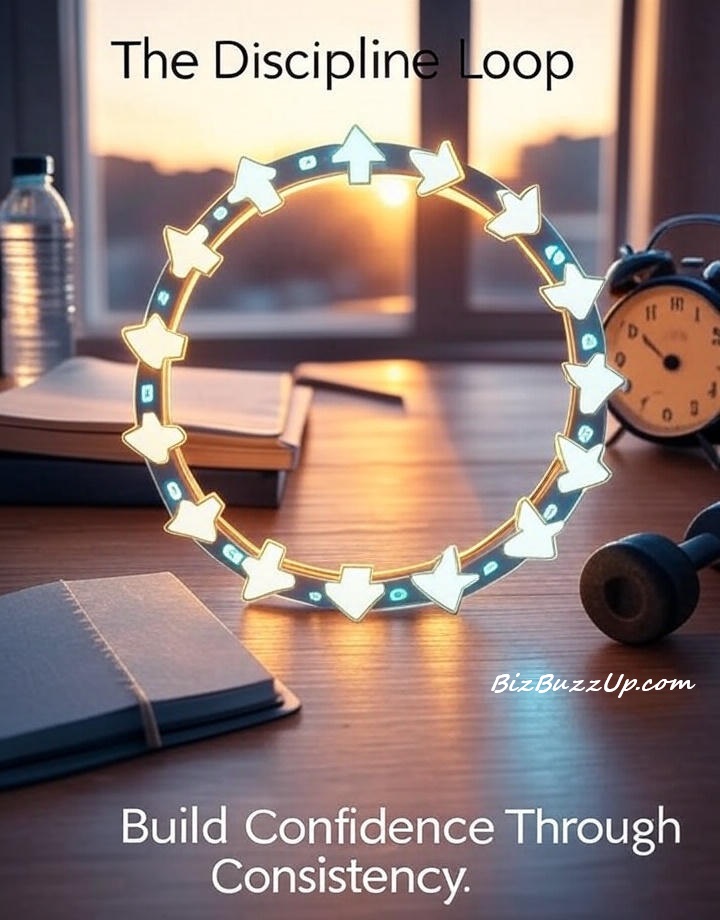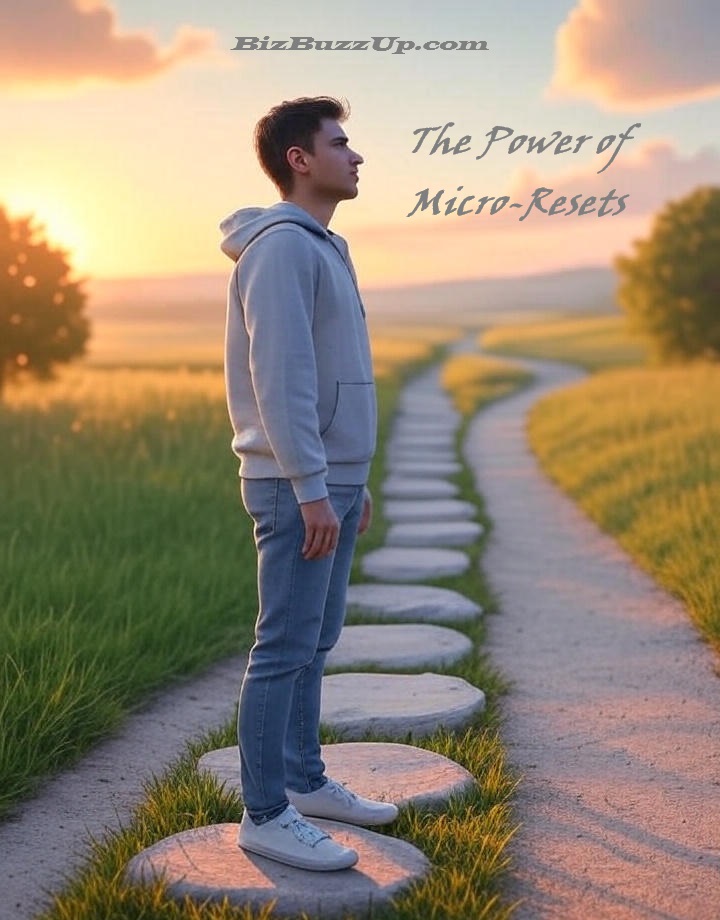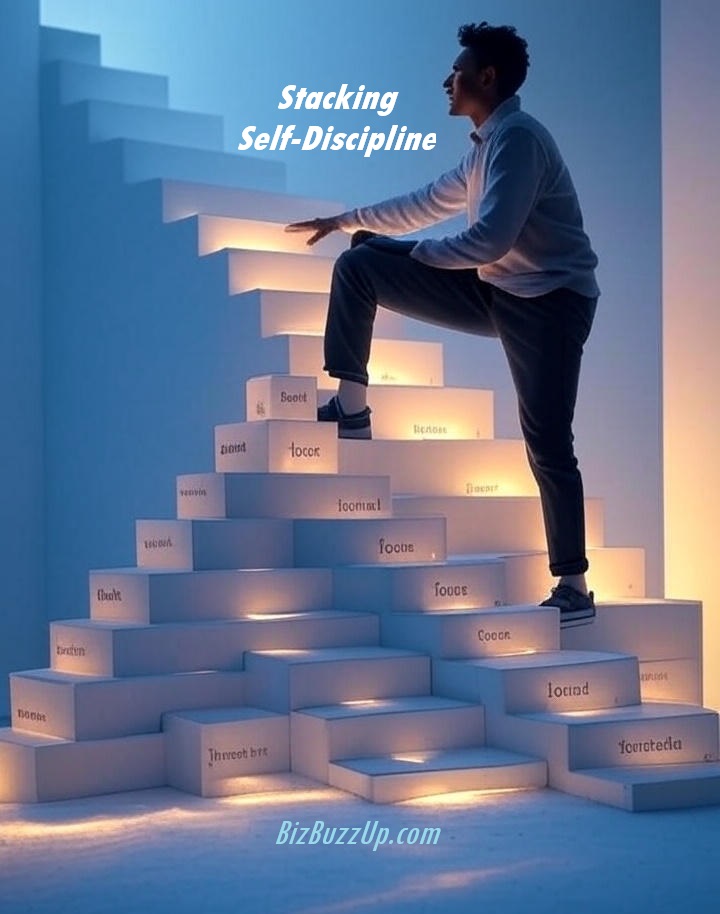
🔥 The Burnout Trap: When Discipline Becomes Self-Sabotage
In today’s high-performance world, we often associate self-discipline with relentless effort. Phrases like “no days off” and “grind harder” sound motivating, but they can lead to emotional and physical exhaustion. The harsh truth is that discipline doesn’t have to mean burnout. Real success stems from sustainable habits, not extreme self-punishment. When you’re constantly pushing through fatigue without rest or reflection, you fall into the burnout trap, which sabotages progress over time.
Why Overachieving Isn’t Always Productive
Discipline without compassion leads to collapse. Rest and recovery aren’t rewards; they’re requirements. Without them, you’re not building a successful life — you’re breaking down. Recognize that healthy boundaries and breaks are part of high performance.
Feeling exhausted and overwhelmed despite your best efforts?
Burnout might be quietly affecting your motivation and focus. Understanding the signs is crucial before pushing yourself harder.
Burnout is more than just fatigue — it’s emotional, mental, and physical exhaustion caused by chronic stress and overload. It can sap your energy, reduce productivity, and make staying disciplined nearly impossible. Recognizing these symptoms early can help you take steps toward recovery and build healthier habits.
🧘 Redefining Self-Discipline: Balance Over Brutality
Creating a Sustainable Lifestyle of Growth
True self-discipline is not punishment — it’s a tool to create freedom and mental space. Building routines and systems allows you to act with intention, not pressure. As we discussed in The Discipline Loop, consistency beats intensity. Structure your day around actions you can repeat — not just survive. Rhythm, not rigidity, fuels real momentum. Discipline is most effective when balanced with mental health care.
Examples of Balanced Discipline
- ⏳ Work for 90 minutes, rest for 15
- 🧘 Morning routine: journal, stretch, hydrate
- 📵 Night routine: no screens after 9 PM
🧱 Small Wins, Big Impact
How Micro Habits Build Lasting Success
One of the easiest ways to avoid burnout and build habit strength is to focus on small, repeatable actions. A concept explained in How to Build Unstoppable Momentum shows that tiny wins fuel confidence. Finishing one task per day can trigger momentum that lasts a week. These mini-accomplishments release dopamine, making you crave repetition and, over time, lead to consistent, sustainable success.
Examples of Small Wins
- 🛏️ Make your bed every morning
- 💧 Drink water after waking
- ✍️ Write one line in a gratitude journal
🛠️ Systems > Willpower
Build Structure That Works Even on Hard Days
Willpower is limited. Smart achievers don’t rely on daily motivation — they build systems. Use environment, reminders, and digital tools to support behavior change. Apps like Todoist, Notion, and habit trackers reduce decision fatigue. Automation keeps you consistent even when you’re tired. Remember, it’s easier to stick to habits when the path is frictionless. You don’t rise to the level of your goals — you fall to the level of your systems.
Free Tools to Try
✅ Progress Without Pressure
Discipline Should Energize, Not Exhaust
Done right, self-discipline fuels clarity, purpose, and empowerment. Avoiding burnout doesn’t mean avoiding challenge — it means choosing sustainability. When your systems include balance and rest, discipline becomes enjoyable. You’re more likely to stay on track when you feel energized, not exhausted. Celebrate small wins, build smart routines, and protect your mental bandwidth. That’s the real formula for long-term habit building and life success.
🔍 Frequently Asked Questions (FAQ)
What is healthy self-discipline?
Healthy self-discipline means creating habits that support your growth without overwhelming your body or mind. It involves rest, reflection, and routines that build resilience over time.
How do I avoid burnout while staying productive?
Use rhythm-based routines. Include regular breaks, small wins, and rest days. Balance is key — not burnout. Systems like time-blocking and habit tracking help manage energy effectively.
What are good self-discipline habits?
Start small: drink water every morning, write in a journal, or stretch daily. Consistency in small actions builds confidence and long-term motivation.
Is motivation better than discipline?
No — motivation fades. Discipline creates consistent action, especially when supported by systems. That’s where success builds: in the follow-through.
How do I build habits that stick?
Use micro habits, repeat them daily, reward yourself, and track progress. Attach the habit to something meaningful to increase sustainability.
For more self-discipline tips, tools, and success strategies, keep exploring BizBuzzUp.com.








